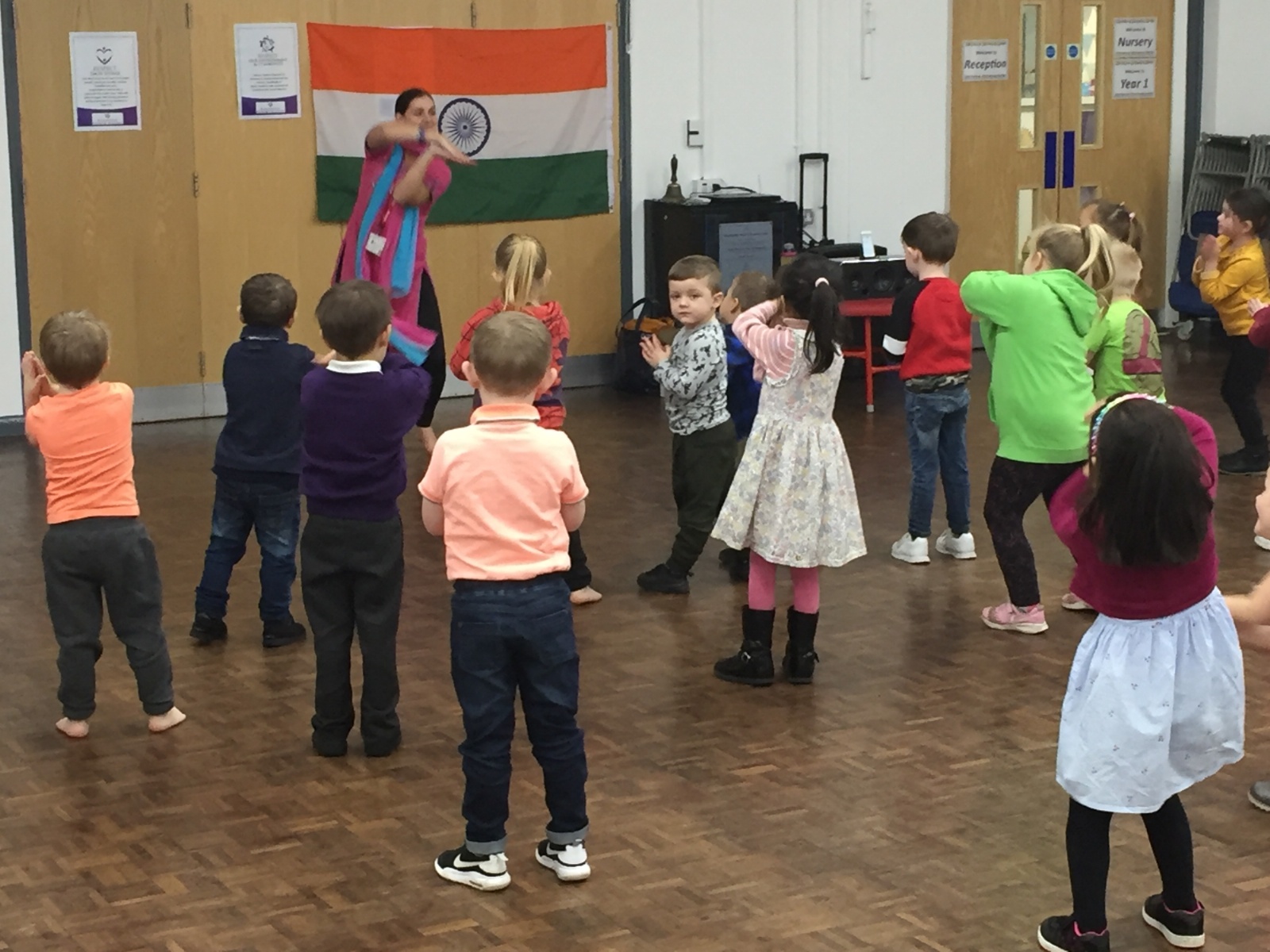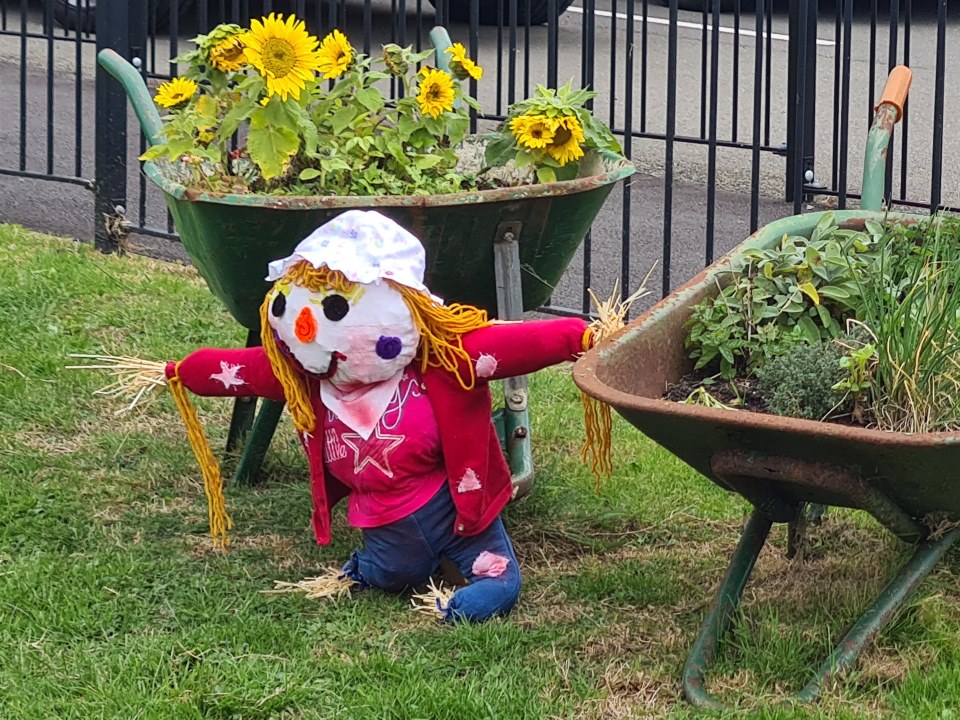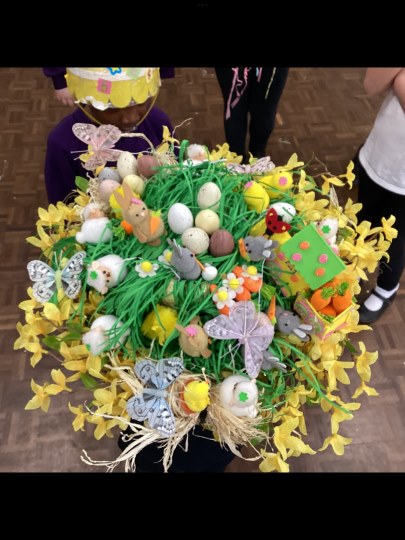Religious Education
At Kingswood Primary Academy we use the Kapow Primary as a basis for our RE teaching. The Kapow curriculum reflects that the UK’s religious tradition is, in the main, Christian, with each year group having at least one unit specifically focusing on Christian concepts, beliefs and practices and these being linked to and contrasted with other religions and world views across the thematic units. The scheme also covers the principle organised world views represented in Great Britain. At the same time at Kingswood Primary Academy, we reflect local views on presented religions where possible including non-religious world views.

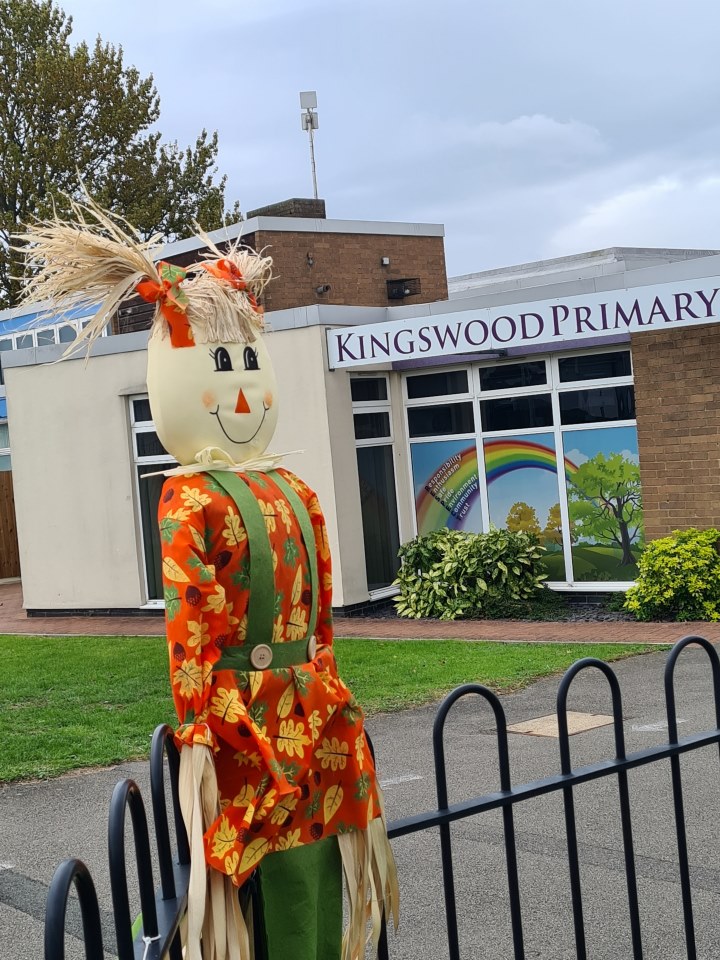
 Intent:
Intent:
At Kingswood Primary Academy, we believe that it is important for all our pupils to learn from and about religion, so that they can understand the world around them. The approach to Religious Education in our school focuses on religion and world views as personal and diverse. It aims to reflect the changing nature of religion and world views in modern Britain and help children to understand that religion and world views are a lived experience for people and communities. Children should become increasingly reflective about their own world view and how it is influenced. This ties in directly with our school values: respect each other, respect yourself, respect our environment and community. Religious Education is taught throughout the school in such a way as to reflect the overall aims, values, and philosophy of the school. We encourage our pupils to ask questions about the world and to reflect on their own beliefs, values and experiences. Our curriculum is designed to encourage creativity, imagination, enquiry, debate, discussion and self-reflection.
At Kingswood Primary Academy, we believe that it is important for all our pupils to learn from and about religion, so that they can understand the world around them. The aim of Religious Education in our school is to help children to acquire and develop knowledge and understanding of Christianity and the other principal religions represented in Great Britain; to appreciate the way that religious beliefs shape life and behaviour, develop the ability to make reasoned and informed judgements about religious and moral issues and enhance their spiritual, moral, social and cultural development.
Religious Education is taught throughout the school in such a way as to reflect the overall aims, values, and philosophy of the school.
We encourage our pupils to ask questions about the world and to reflect on their own beliefs, values and experiences. Our curriculum is designed to encourage creativity, imagination, enquiry, debate, discussion and self-reflection.
 Implementation:
Implementation:
We use the Kapow Primary Religion and worldviews curriculum as it covers a number of organised worldviews with increasing depth and breadth. In line with government guidance the curriculum will ‘reflect the fact that the religious traditions in Great Britain are in the main Christian whilst taking account of the teaching and practices of the other principal religions represented in Great Britain.’ Concepts will be explored through an enquiry-based approach where children will investigate a variety of worldviews, including: We value the diverse religious background of all members of the school community and hope that this will encourage individuals to share their own experiences with others freely. All religions and their communities are treated with respect and sensitivity, and we value the links, which are, and can be made between home, school, and a faith community. We promote teaching in Religious Education that stresses open enquiry and first-hand experiences wherever possible for both staff and children. This gives the teacher a greater insight into children’s thinking as well as providing ongoing assessment opportunities.

 Impact:
Impact:
We measure the impact of our curriculum through the following methods:
-Assessing children’s understanding of topic linked vocabulary before and after the unit is taught.
-Pupil discussions about their learning.
-The use of knowledge organisers to support pupils to know and remember more.
-Interviewing the pupils about their learning (pupil voice). -Marking of written work in books.
-Through their R.E. learning, the children are able to make links between their own lives and those of others in their community and in the wider world, developing an understanding of other people’s cultures and ways of life. As such, R.E. is invaluable in an ever changing and shrinking world.
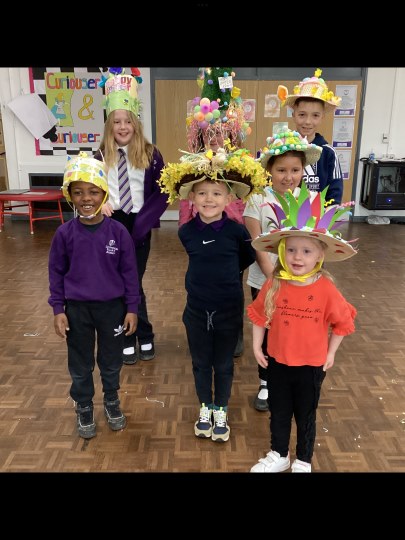
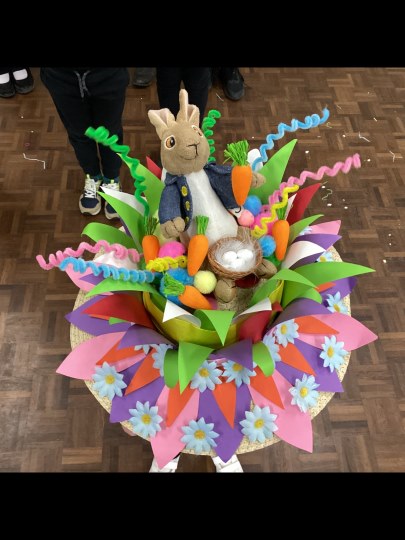
Parental Right to Withdraw from Religious Education (RE)
We respect the rights of parents and carers regarding their child’s education. Under current legislation, parents and carers have the right to withdraw their child from all or part of Religious Education (RE) lessons. This includes activities related to Religious Education that do not form part of the statutory National Curriculum.
If you wish to exercise this right, we ask that you inform the school in writing, detailing whether you are withdrawing your child from all or specific parts of the RE curriculum. We are happy to discuss any concerns you may have and provide further information to help you make an informed decision.

